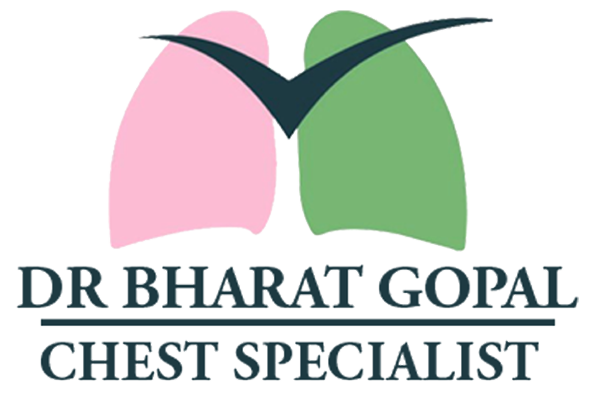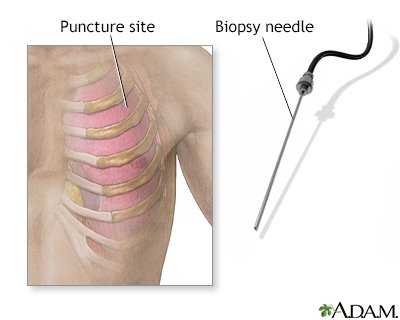Unveiling the Secrets of Sleep: The Role and Benefits of Sleep Lab Services.
Sleep lab services play a crucial role in unraveling the mysteries of sleep, offering diagnostic and therapeutic solutions for individuals grappling with sleep-related disorders. This article delves into the significance of sleep labs, their services, and the transformative impact they have on understanding and improving sleep health.
To Know More About It Please Click Here
- The Importance of Quality Sleep:
- Adequate and restful sleep is essential for overall health and well-being.
- Sleep disorders, if left untreated, can lead to a range of health issues, including cardiovascular problems, obesity, and impaired cognitive function.
- What Are Sleep Lab Services?
- Sleep lab services involve the assessment, diagnosis, and treatment of sleep disorders in a controlled environment, known as a sleep lab or sleep center.
- These facilities are equipped with specialized technology and staffed by sleep medicine professionals, including sleep technologists and physicians.
- Common Sleep Disorders Diagnosed in Sleep Labs:
- Sleep Apnea: Characterized by pauses in breathing during sleep, often leading to disrupted sleep and daytime fatigue.
- Insomnia: Persistent difficulty falling asleep or staying asleep.
- Narcolepsy: Involves sudden and uncontrollable episodes of sleep during the day.
- Restless Legs Syndrome (RLS): Uncomfortable sensations in the legs, often relieved by movement.
- Polysomnography (PSG): The Diagnostic Powerhouse:
- Overnight Sleep Study: PSG involves monitoring various physiological parameters during sleep, including brain activity, eye movement, heart rate, respiratory efforts, and limb movements.
- Home Sleep Apnea Testing (HSAT): Portable devices for diagnosing sleep apnea in a home setting under specific conditions.
- Sleep Lab Services Process:
- Consultation and Evaluation: Patients undergo a thorough evaluation, including medical history, lifestyle factors, and symptoms.
- Overnight Monitoring: During an overnight stay at the sleep lab, patients are connected to monitoring devices to collect data while they sleep.
- Analysis and Diagnosis: Sleep technologists and physicians analyze the collected data to diagnose sleep disorders accurately.
- Therapeutic Interventions:
- Continuous Positive Airway Pressure (CPAP): A common treatment for sleep apnea, involving the use of a device to deliver a steady stream of air to keep airways open.
- Behavioral Therapies: Cognitive Behavioral Therapy for Insomnia (CBT-I) and other behavioral interventions address the underlying causes of sleep disorders.
- Advancements in Sleep Medicine:
- Portable Monitoring Devices: Technological innovations allow for more convenient and accessible home-based sleep monitoring.
- Telemedicine: Remote consultations and follow-ups enhance patient accessibility to sleep medicine specialists.
- Patient Education and Empowerment:
- Sleep lab services often include education on sleep hygiene, lifestyle modifications, and self-management strategies to empower patients in improving their sleep quality.
To Know More About It Please Click Here
Conclusion: Sleep lab services serve as beacons of hope for those grappling with the complexities of sleep disorders. By offering accurate diagnoses, tailored treatments, and ongoing support, sleep labs contribute not only to individual well-being but also to the broader understanding of sleep’s intricate role in human health. As technology and research continue to advance, sleep lab services stand at the forefront of the quest to unlock the secrets of restful and restorative sleep, ultimately promoting a healthier and more rejuvenated society.








